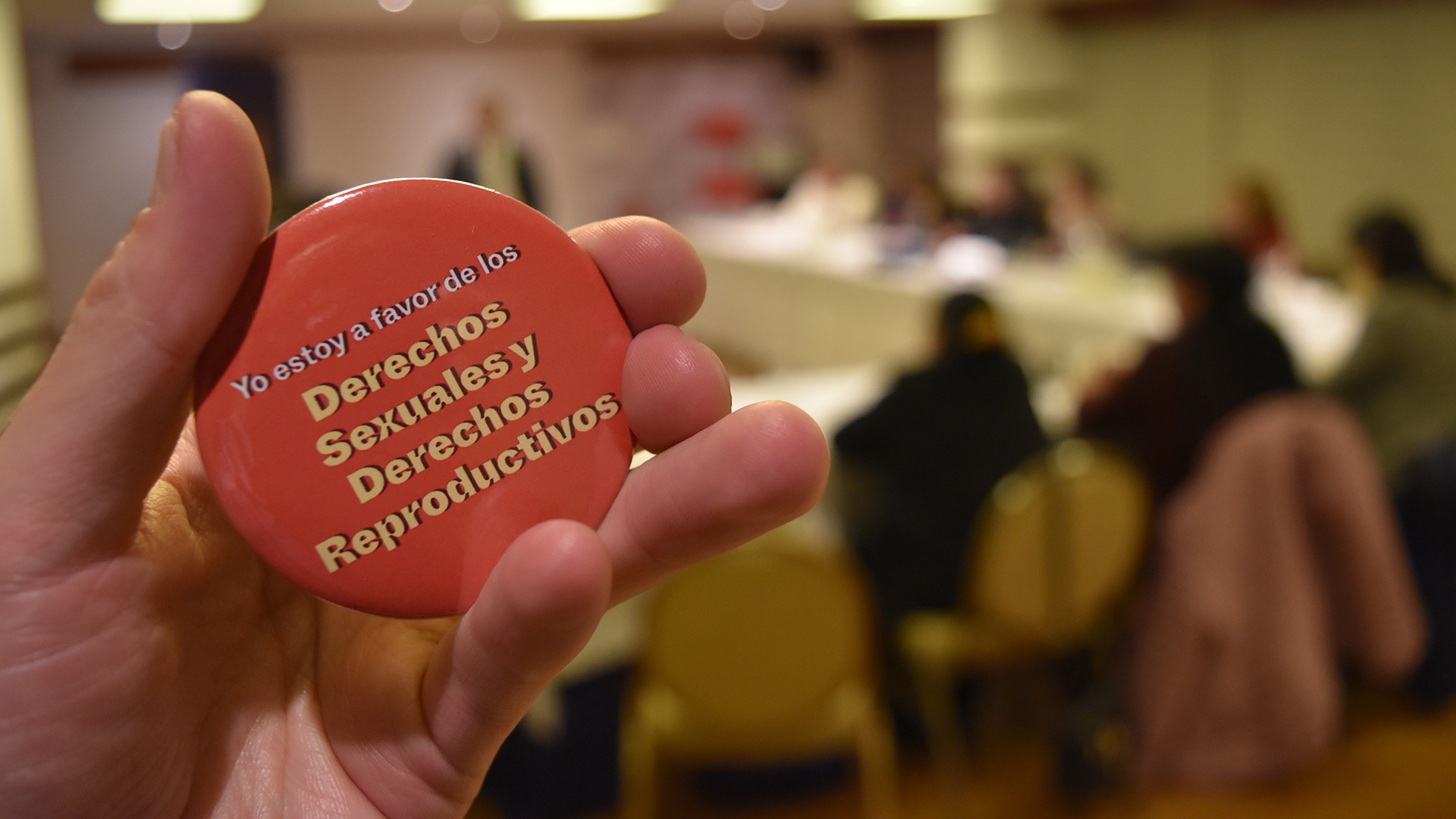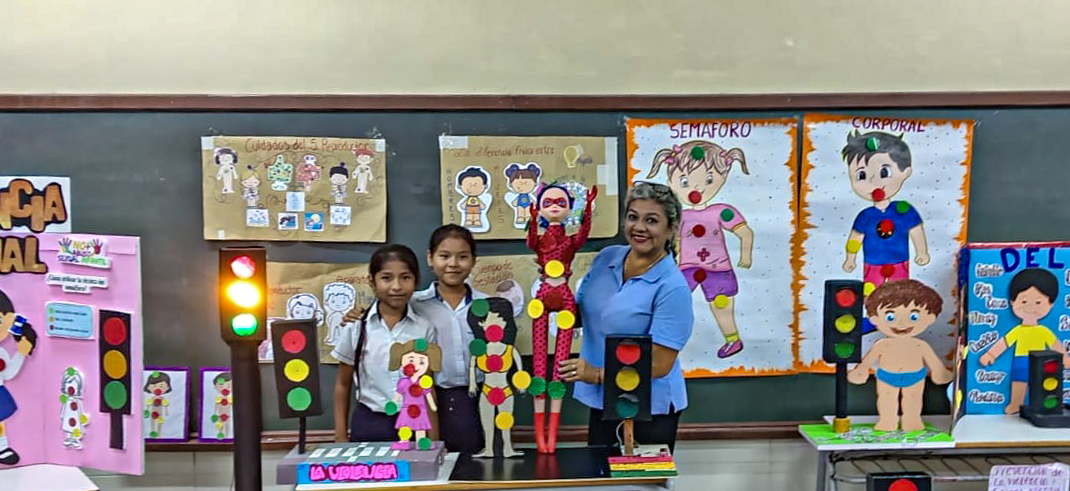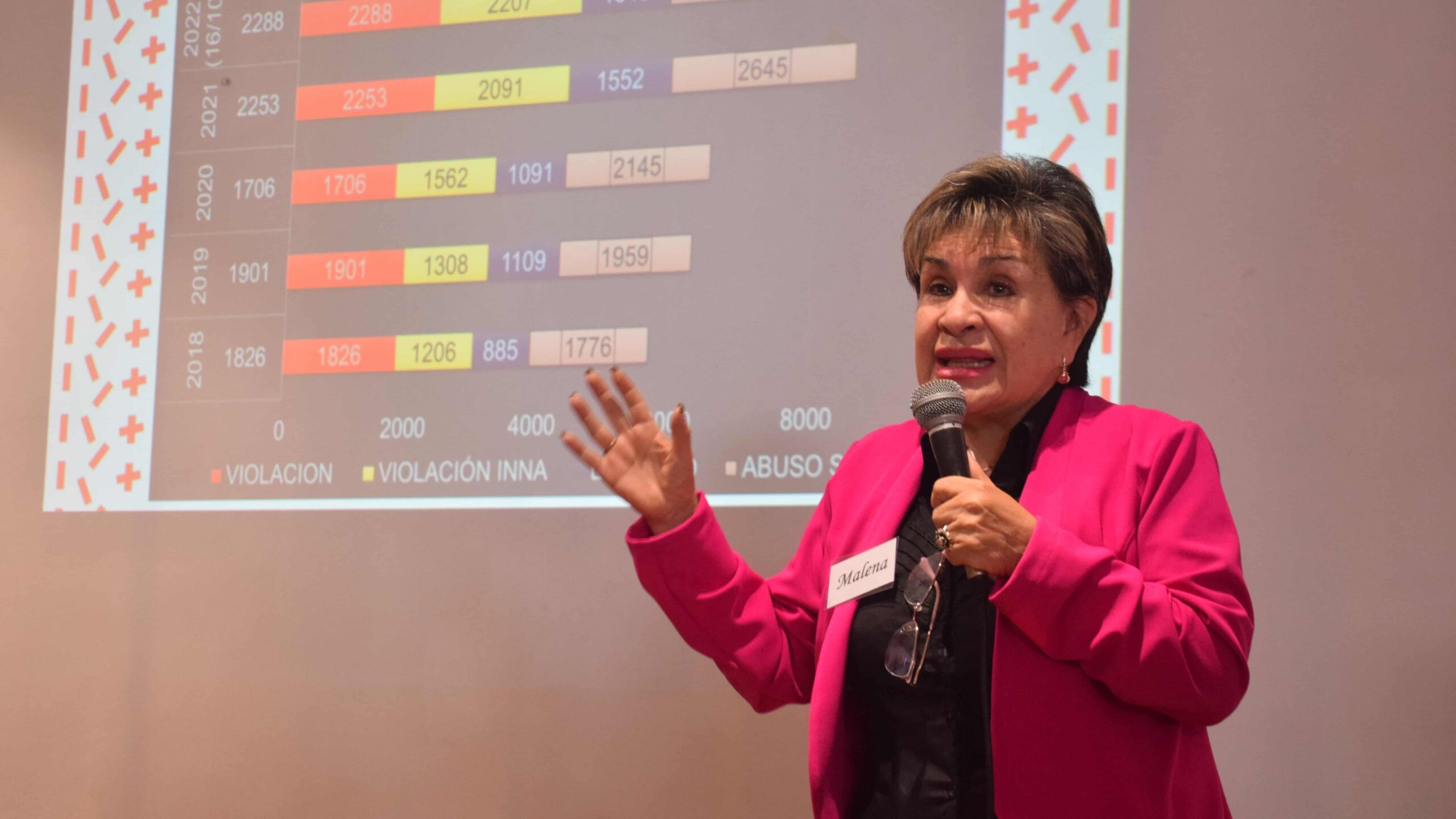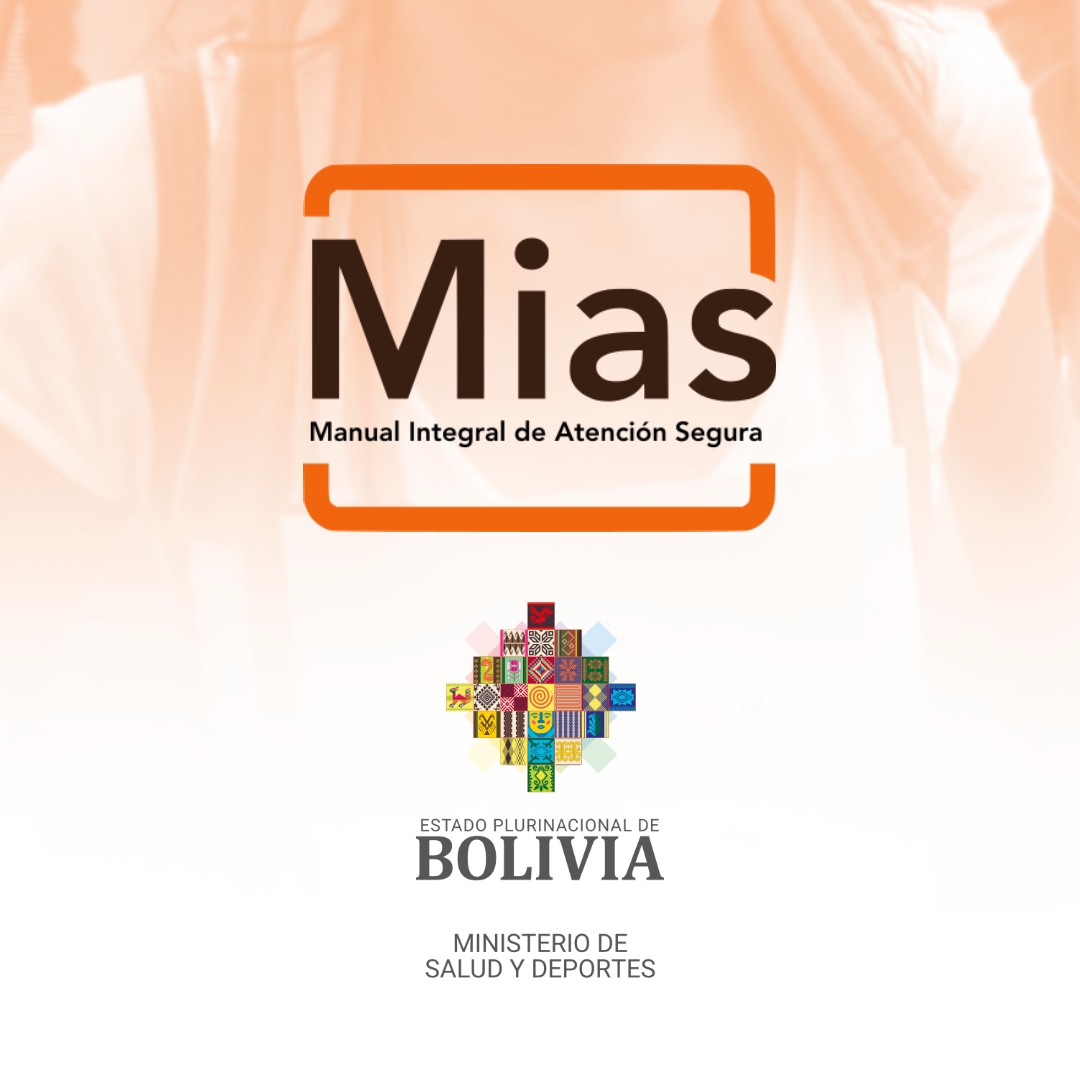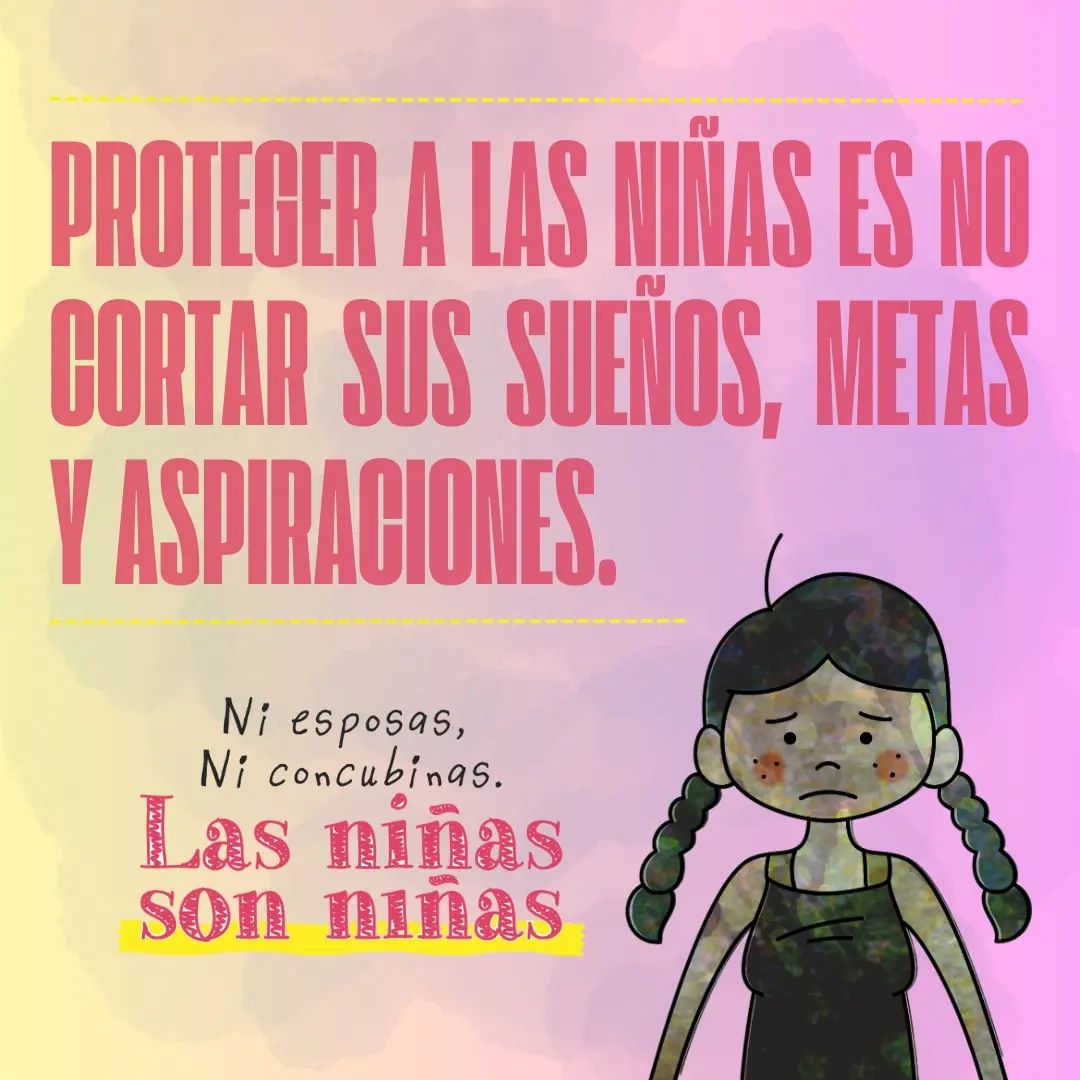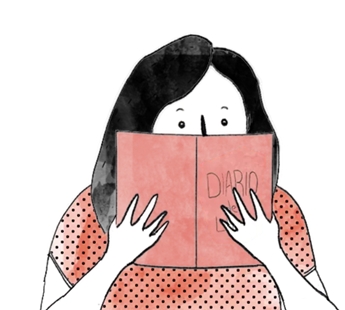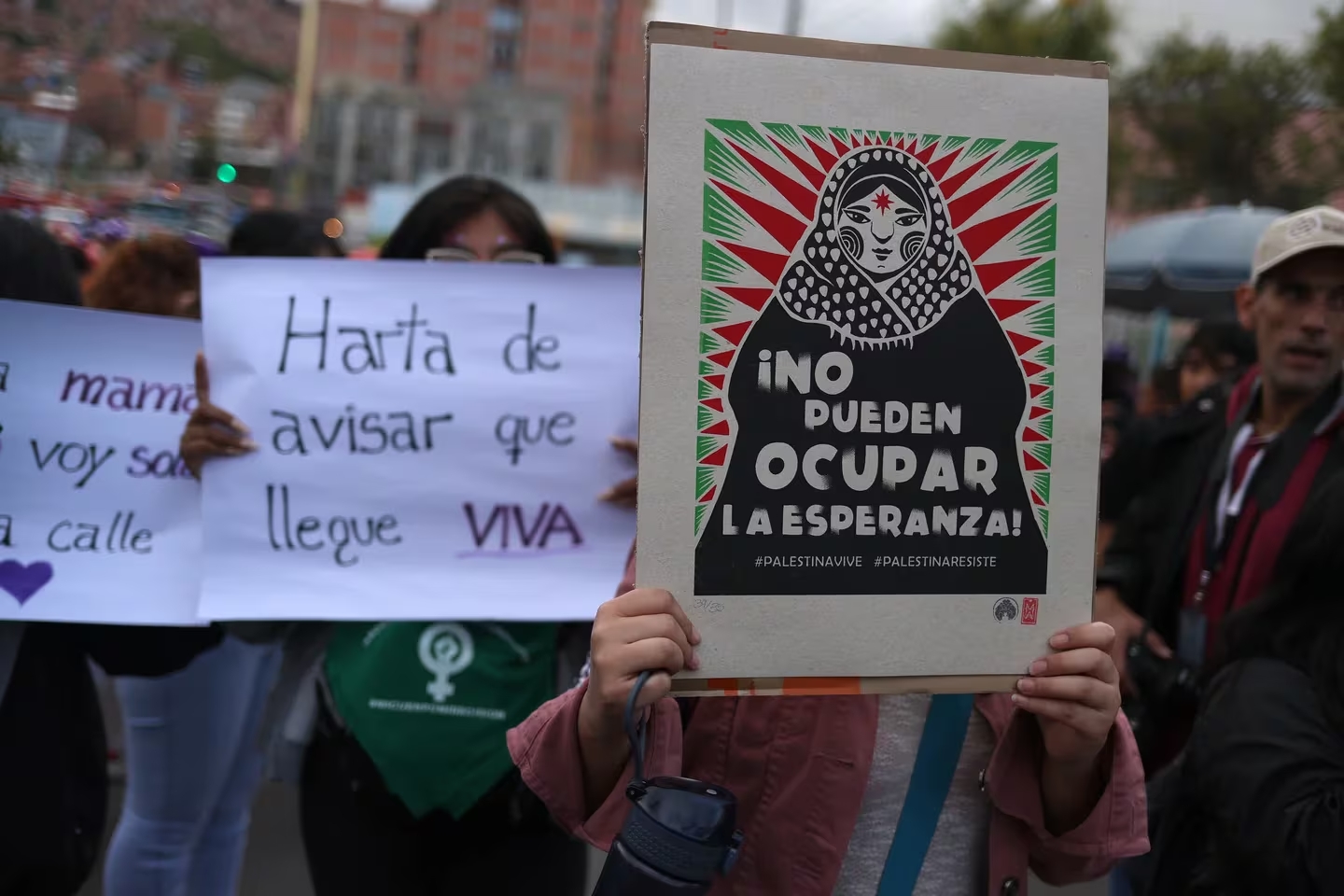Bolivia commemorates International Women’s Day with the persistent problem of violence against women and concern about cases of violent deaths with increasingly younger victims, such as the case of Noelia, a teenage human rights activist whose murderers were two minors.
Bolivia is “among the countries with the highest rates of violence against women” and 75% of the female population has suffered some form of violence in their lives, explained to EFE the head of the UN Women office in Bolivia, Nidya Pesántez.
According to Pesántez, femicides are “a great concern” because they are “the result of a process” of violence that can begin with words or gestures, and escalate to a violent death.
In 2023, Bolivia registered 81 femicides and between January and February of this year 12 cases were reported, according to the Attorney General’s Office.
Authorities emphasize that the number of femicides was lower compared to previous years, but feminist organizations have warned several times about the deplorable average of 110 cases per year since 2014.
“(The figure) has obviously gone down, but we always say that they are still losses of women’s lives and that they cannot be counted merely as numbers,” Carla Gutiérrez, director of the “Gregoria Apaza” Center for the Promotion of Women, told EFE.
She also regretted that “femicides of younger and younger girls” are occurring, that these events occur in stages of pairing well before marriage and “cases of violence that are seen in schools”.
That was the case of Noelia, whose body was found on February 14 in a vacant lot in El Alto, the neighboring city of La Paz.
Noelia was 17 years old and was part of a group of young activists trained in the prevention of violent dating, explained Gutiérrez, whose organization carried out the training with support from the United Nations Population Fund (UNFPA).
After an outing with some friends, the girl was sexually abused “and that was the cause of the femicide,” lamented Gutiérrez.
The perpetrators are two teenagers also 17 years old, one of them, the one who confessed to the crime, had just met the girl, and the other was her friend and is being investigated as a possible “co-perpetrator” or accomplice.
The young man who confessed was sentenced at the end of February to 6 years in a rehabilitation center for juvenile offenders.
The sentence is less than the 30 years without the right to pardon established in Law 348 against male violence in force since 2013 because the defendant is a minor.
Gutiérrez pointed out that “it is very complex to have to take on a case against another minor”, although these are “minors who have been capable of committing sexual aggressions and femicides, which are very serious crimes”.
“These types of crimes cannot be judged so lightly,” the activist reflected, as the confessed perpetrator, who will serve 18 years in six months, will be released from detention probably in three years.
Noelia’s case was condemned by the United Nations System, which warned that femicides are “manifestations of the most brutal and extreme violence against women”.
A violence that seems to have become normalized and is accompanied by a “lack of knowledge” of how these events can lead to femicide, Pesántez emphasized.
“I do not believe that Bolivian society has normalized feminicide, but violence as a mechanism for disciplining women” who in some places are still seen as “inferior beings” and who “need to be protected,” she said.
The State, “as guarantor of rights,” must invest in prevention, in “essential services” to attend to the victims of violence and in the restitution of their rights so that these events do not go unpunished, he added.
For Gutiérrez, normalization occurs because the patriarchal system is still “very strong” and because the media expose cases of violence as “a media show” devoid of information or reflection.
In his opinion, “a lot of work needs to be done in terms of awareness and information”, both by the State and society.

